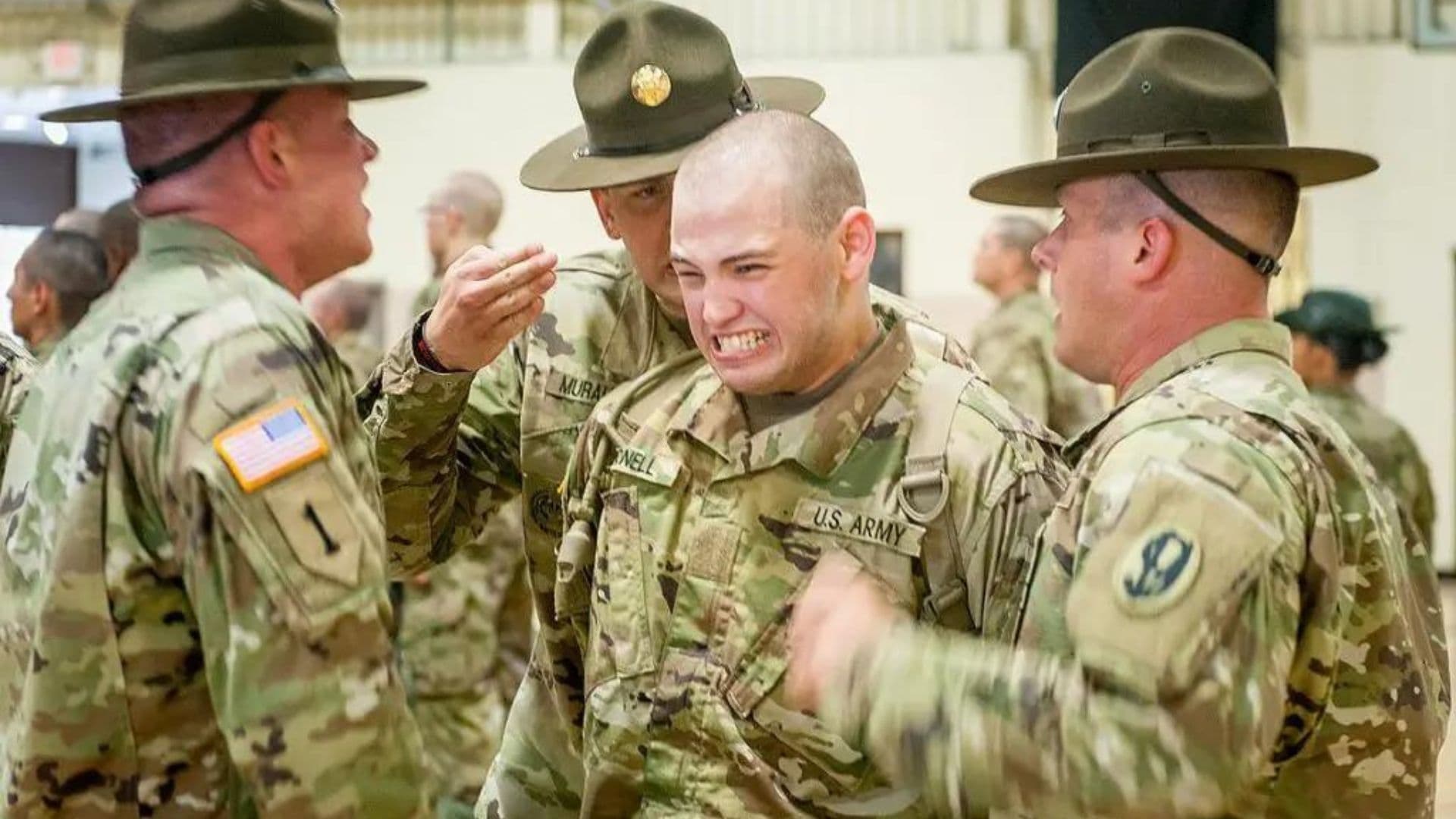Keeping up with Army regulations and knowing the NCOER process is important to all Soldiers. Ensure all administrative data is correct and the NCOER reflects you in the best light possible. SFC English recommends that Soldiers begin talking to their rater about the NCOER a few DAYS before it is due. This will allow for an open dialogue and the chance to address any concerns that arise.
Rather than focusing on what was done during the rating period, the best counseling is looking forward to what could be accomplished in future assignments. This helps prepare soldiers for promotion. The NCOER also has a section for the rater and senior rater to list areas where the rated Soldier needs improvement. This is helpful in identifying the rated Soldier who might require training or observation before being considered for promotion.
It is natural for rated NCOs to be worried about whether their supervisors will give them the full credit they deserve. However, the new NCOER system is designed to help identify true talent and eliminate the inflated ratings of the past. Most NCOERs have very little room to enter entries, so it is important for rated NCOs to document everything they do! Each bullet comment should describe something the rated NCO actually did, not a general statement like “always chooses the hard right over the easy wrong”. Be specific.

Is an NCOER Required for Retirement?
The NCOER system ensures that the most qualified Soldiers are promoted to higher grades and positions with greater responsibilities. Senior supervisors will evaluate NCOs on their abilities and potential to perform in a higher rank and then rate them as one of three categories: Among the Best, Fully Capable, and Marginal.
Writing an NCOER can be a daunting task for many soldiers, but there are some things that can help make the process easier. First, it’s important to remember that NCOER bullet comments should always begin with a lower-case letter unless they’re a proper noun. Personal pronouns such as he or she should be avoided when possible.
NCOERs are not required for retirement, but they are the best way to keep track of your accomplishments and prove that you have what it takes to excel. It’s not too late to add new accomplishments to your NCOER before it’s due. Enroll in a college course (it will have to be “enrolled in…” not “completed so many credit hours”), volunteer for Habitat for Humanity, or attend the next change of command ceremony.
You can even take advantage of the NCOER system for retirement if you decide to leave the Army early by asking your supervisor for an NCOER before your last rating period. He or she will want to write a good NCOER and can often be enticed with a new career goal or the promise of an earlier retirement date.
However, it’s important to remember that a CDR’s or Commandant’s Inquiry is only an initial means of redress. A rated Soldier may also appeal the results of an evaluation report inquiry (para 3-38 and DA Pam 623-3). In such cases, the rated Soldier must provide documentation of his or her allegations.
